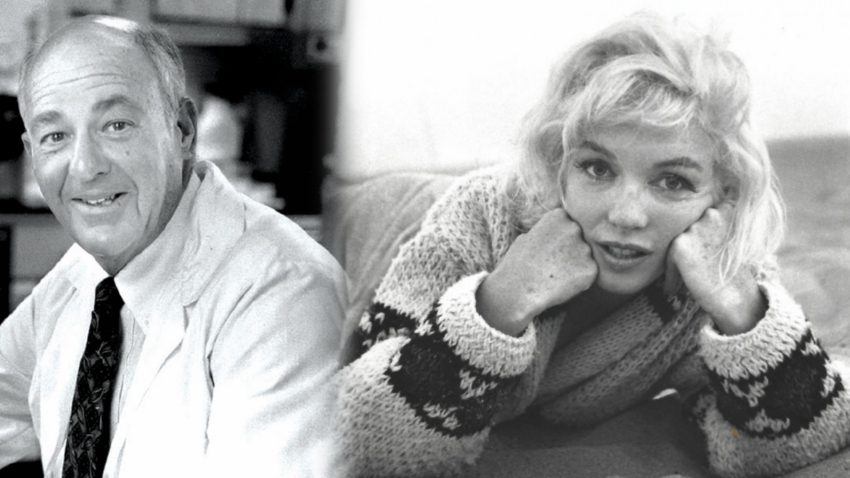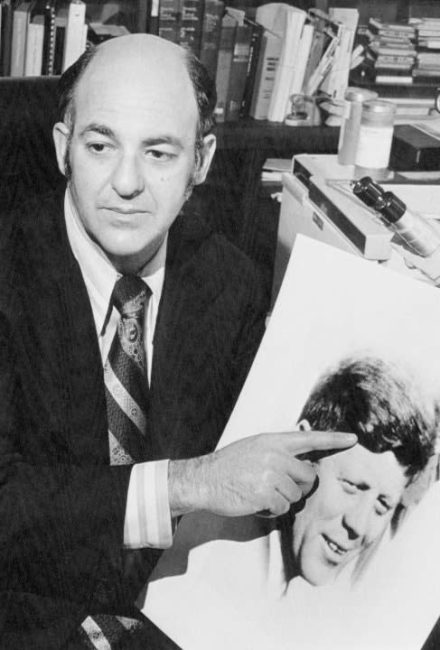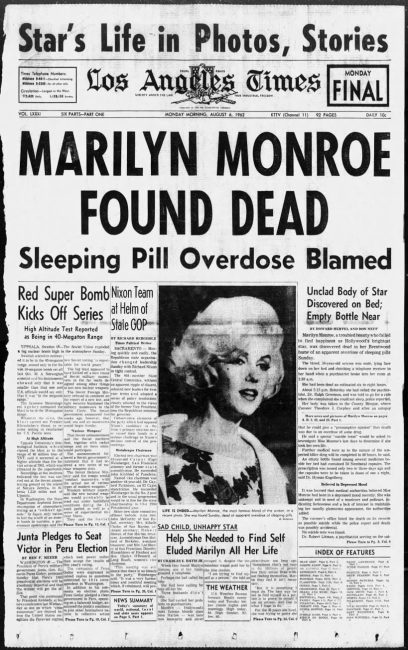
Dr. Cyril Wecht, one of America’s leading forensic psychologists, died on May 13, 2024, aged 93.
He was born to Jewish immigrant parents in Pennsylvania in 1931. After studying at the University of Pittsburgh, he became a medical captain in the U.S. Air Force. Working as a forensic pathologist, he opened a private practice and was later elected chief coroner of Allegheny County. He married Sigrid Ronsdal in 1961, and they had four children.
In 1965, Wecht presented a paper criticising the Warren Commission’s report into the assassination of President John F. Kennedy. Unlike the other four pathologists who investigated the case, he disagreed with its conclusion that a single bullet had killed Kennedy. Then in 1972, as the first civilian permitted to examine the evidence, he discovered that Kennedy’s brain and all related data were missing.
Wecht was often called as an expert witness, and was a forensic consultant in the murders of Robert F. Kennedy, Sharon Tate, and many others. He regularly appeared on television regarding celebrity deaths from Elvis Presley to Anna Nicole Smith.

A lifelong Democrat, Wecht was no stranger to political controversy. Accusations of mixing private and public practice led to a federal criminal prosecution in 2008, but all charges were ultimately dismissed.
In 2020, he argued for a less restrictive response to the COVID-19 pandemic. Cyril, a feature-length documentary about his long career, was released in 2021.
The death of Marilyn Monroe in 1962 was one of nine famous cases featured in Wecht’s 2005 book, Tales From the Morgue, and he also gave an in-depth interview to Marijane Gray for the Immortal Marilyn website in 2015.

Wecht discounted the theory that Marilyn had died from a drug-laced enema, and although he didn’t rule out an injection, he argued that given her long-term abuse of prescribed drugs and high tolerance, Marilyn’s overdose could have been ingested orally.
He criticised the disposal of kidney and lower intestine samples after Marilyn’s autopsy, although this was not an uncommon practice. Dr. Thomas Noguchi, who performed the autopsy, regretted not examining all internal organs – if only to clear up the remaining anomalies.
While Wecht did not believe there was credible evidence of a conspiracy to murder, he didn’t discount a cover-up of sorts, given Marilyn’s high profile. He also thought the ruling of probable suicide was wrong, and that her death should have been ruled as undetermined. The 1982 investigation into the handling of Marilyn’s case reached a verdict of accidental overdose.
And finally, Wecht added that if Marilyn’s death had occurred today, her doctors would likely have faced prosecution – and he later cited Michael Jackson’s doctor, convicted for involuntary manslaughter in 2011, by way of comparison.